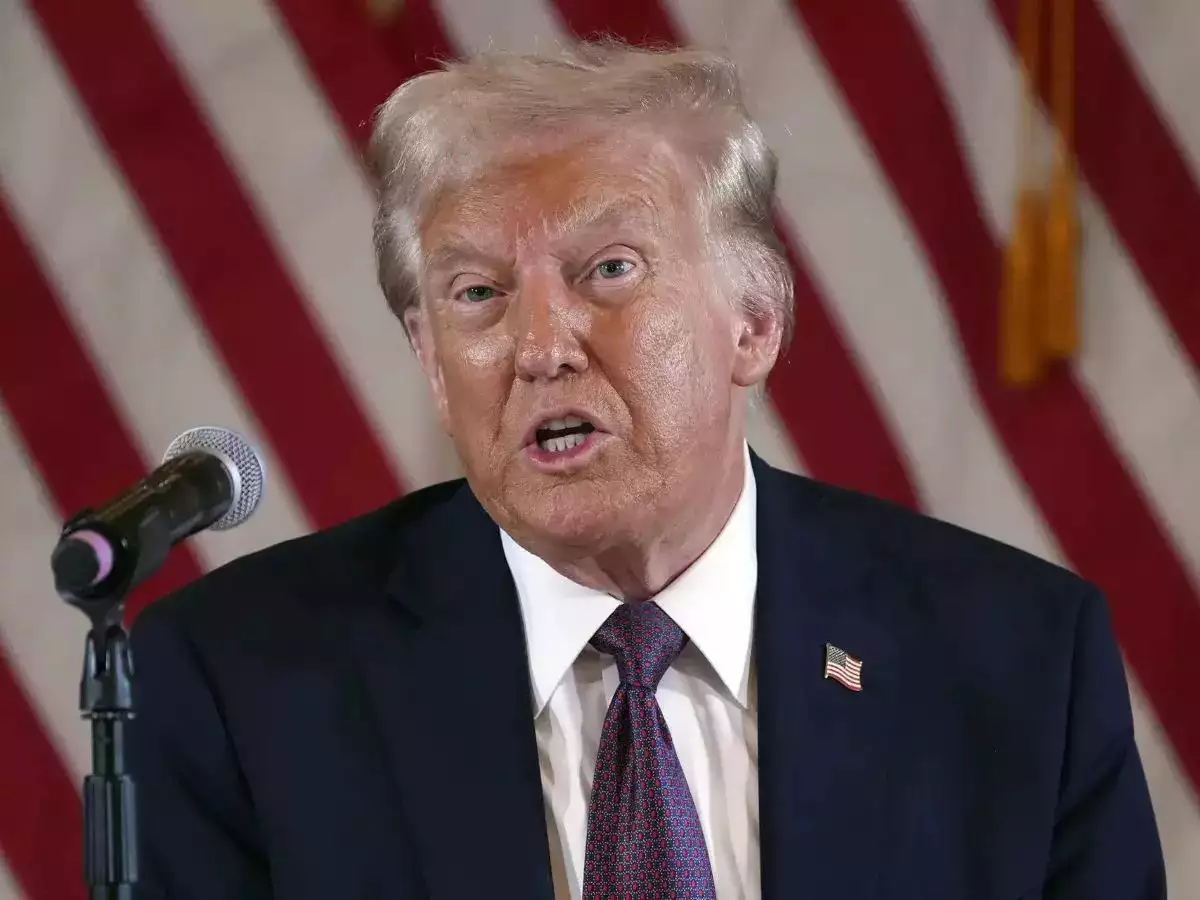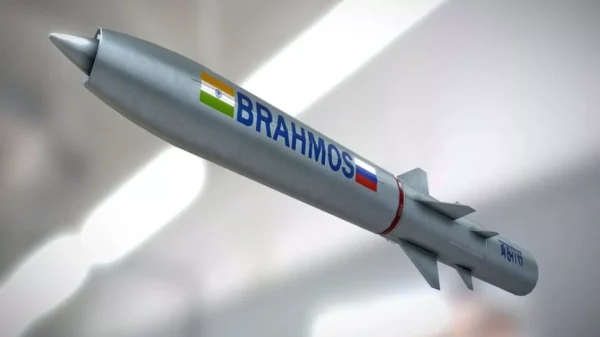Estimates suggest that the 29% reciprocal tariff imposed by the Trump administration on Pakistan could result in a financial loss of between $500 million to $700 million. This move comes as the Pakistani government seeks to address these new duties imposed by the United States.
Experts believe that, while the tariff increase could negatively affect Pakistan, it may also present an opportunity in light of rising tariffs on other regional countries, particularly China. Though it is too early to predict the precise impact, one certainty is that the new tariffs could contribute to economic uncertainty and even a potential recession in the US market.
The Trump administration’s decision follows Pakistan’s imposition of a 58% tariff on US products in response to trade imbalances. As a result, Pakistani exports to the US will now face a cumulative tariff of 39%, which includes both the 10% baseline import duty and the newly introduced 29% reciprocal tariff.
The United States is Pakistan’s largest single-country export market, with approximately $6 billion worth of goods, predominantly textiles, shipped annually. The new tariffs will increase the cost of some products, with synthetic apparel tariffs increasing from 32% to 61%, according to a report prepared for Pakistan’s Prime Minister Shehbaz Sharif.
In response, Prime Minister Sharif has formed a 12-member steering committee to address the challenges posed by these tariffs. Additionally, Finance Minister Muhammad Aurangzeb announced that a high-level Pakistani delegation will visit Washington to engage in discussions with US officials.
Dr. Safdar Sohail, a former trade and commerce bureaucrat, commented that the US move could be viewed as a combination of a trade policy review and the activation of trade defense measures, such as anti-dumping and countervailing duties. He noted that in typical cases, such actions would take years through the World Trade Organization (WTO), but this unilateral approach requires a quick, innovative response.
Dr. Sohail also emphasized that, while the tariff increase is concerning, it is important for Pakistan to maintain a constructive dialogue with the US, its most significant bilateral trading partner. He suggested that the real focus should be on making Pakistan’s manufacturing sector more competitive, especially by embracing green technologies, as part of the IMF-backed Resilience and Sustainability Facility.
Many of the trade policy issues highlighted by the US are legitimate, according to Dr. Sohail. However, he argued that Pakistan should not overreact. Pakistan is not currently deriving much revenue from US imports, and many of the concerns can be addressed through ongoing reforms under the IMF program.
The expert also pointed out that the greater challenge lies in aligning these trade and environmental concerns with Pakistan’s Green Industrialization Strategy. He concluded that delaying such efforts could be detrimental to Pakistan’s long-term development, suggesting that the temporary increase in tariffs should not overshadow the need for comprehensive reforms.










